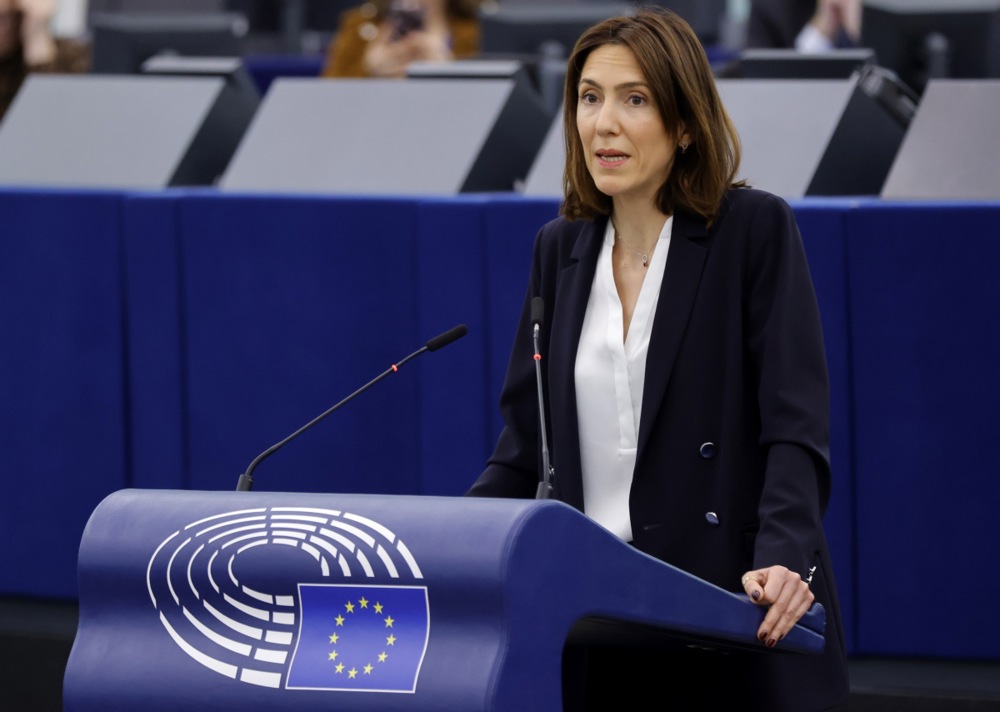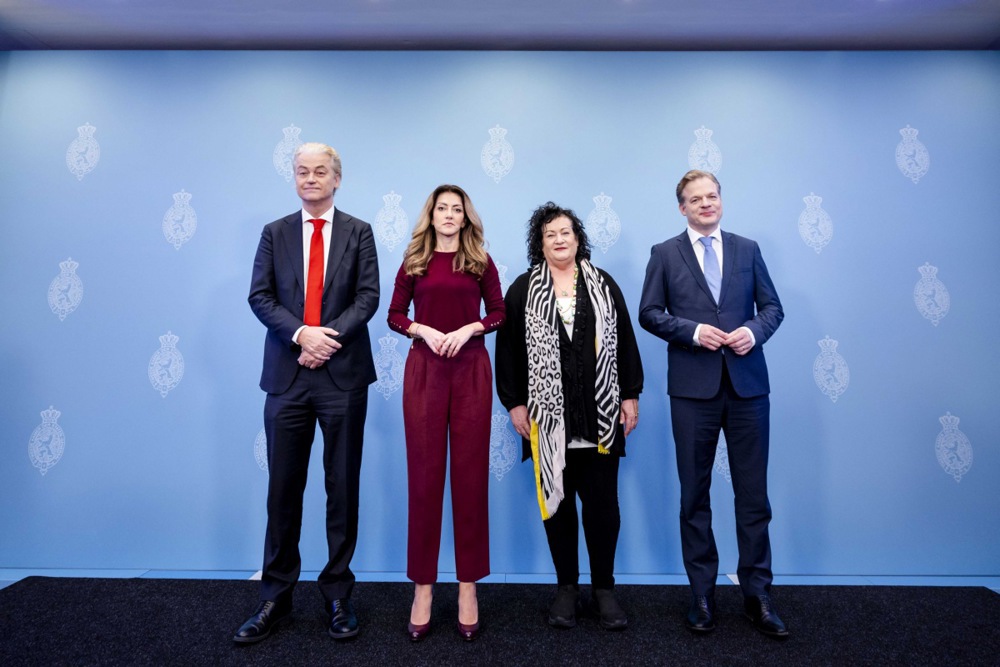Civil servants in the Netherlands reportedly fear job cuts and policy changes in directions they do not want as the country braces for new leadership featuring the hard-right Freedom Party (PVV).
Leading Dutch newspaper De Telegraaf spoke with several bureaucrats at different ministries, who all expressed serious concerns, the paper reported.
On one side, it said some administrators feared having to take instructions from PVV politicians, with whom they have different political views.
“Why should we want to work with them?” one asked.
Others said they were worried their jobs were on the line, as the new right-wing government indicated it wanted to trim their numbers.
At the justice and security ministry, some wondered how the PVV could assume any responsibilities, given that its leader Geert Wilders and his party have frequently clashed with judges and justice officials, accusing them of having too strong a left-wing bias.
In 2021, Dutch judges even convicted Wilders for “group insult”, after he said the country needed “less Moroccans”.
A right-wing line would likely not sit well with those at the Ministry of Foreign Affairs officials either.
Under the previous, progressive government, those officials had protested about what they saw as the then-government’s moderate stance on the war between Israel and Hamas.
In October last year, group of some 267 public officials co-signed a letter demanding the Dutch Government “stop Israel” and “protect innocent civilians”. They said they feared a “humanitarian catastrophe”.
Foreign affairs ministry officials went a step further and wrote another letter condemning the stance of the government, claiming “institutional racism shapes our foreign policy”.
According to those officials, the government was “selective and inconsistent” with regard to Israel.
The decision by the Netherlands to not condemning Israel’s “disproportionate reaction” in Gaza was “inconsistent with our ministry’s mission, the values of the Netherlands and our broader foreign policy”, they wrote.
Public officials in the Netherlands fervently supported the Green Deal and the Nature Restauration Law, writing public letters about the issue. They demanded politicians stop resisting the laws and implement them to tackle what they saw as worsening climate and ecological crises.
When the Dutch election results of November became clear, several ministries had to organise meetings to tackle growing internal unrest, De Telegraaf reported, as civil servants feared the introduction of “right-winged policies”.
While ministry spokespeople stressed that such meetings always took place after elections, it appeared that in the agricultural and economic ministries at least, there was panic about the future of the climate agenda.
Public servants have to tread a fine line. They can provide criticism internally but not publicly. In their advice to the government they can offer opinions although they do have to follow political instructions.
In their analysis of the new coalition programme, public servants said plans to cut spending would undercut the government’s ability to function effectively.





